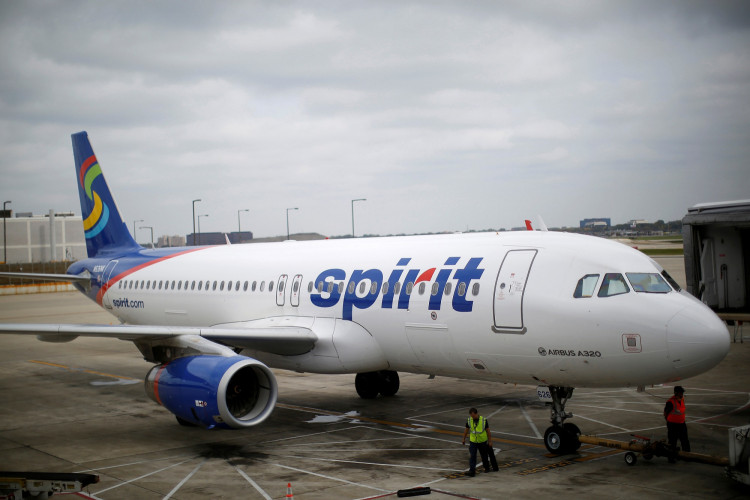Budget airline Frontier Group Holdings announced Monday its plans to buy Spirit Airlines through a $2.9 billion merger deal. The plan to merge the two airlines, which become the fifth-largest airline in the U.S., comes as competition against traditional carriers intensifies, with travel demand in the country now on an erratic rebound.
The announcement of the deal sent Spirit Airlines' stock up by as much as 18.7% Monday. The stock closed the day 17.2% up at $25.46 per share. Frontier's stock price also slightly increased, ending the day 3.5% higher at $12.82 per share.
Frontier's chief executive officer, Barry Biffle, said the deal was necessary for the company to offer customers the best deals in the market. He added that in the current market, "lowest costs always win."
The deal, which is slated to be finalized in the second half of 2022, is estimated to generate $500 million in annual synergies via operational savings. The deal is estimated to be around $6.6 billion when it includes Frontier's assumption of Spirit's net debts and operating liabilities.
The planned merger comes at a time when the airline sector in the U.S. is dealing with increased volatility in travel demand as a result of the spread of the Omicron variant. At the same time, inflation has resulted in rising costs such as labor costs, increased fuel prices, and increased airport fees.
Last year, Spirit's salary expenditure as a proportion of revenue increased by more than ten points compared to this year. Due to higher fees, Frontier has stopped serving Washington-Dulles and Newark airports, as well as Los Angeles and San Jose in California.
Frontier and Spirit said they are committed to avoiding any job losses. The companies said they will actually be looking to hire an additional 10,000 workers by the end of 2026. The companies claimed that the merger should result in at least $1 billion in annual customer savings while also increasing its flight destinations.
While the deal may sound like a good idea, analysts predict that it may be facing significant regulatory hurdles. The government and regulators are currently implementing a crackdown on big corporate mergers that may stifle fair competition.
The Department of Justice recently filed an antitrust complaint against American Airlines Group Inc and JetBlue Airways Corp, arguing that their planned merger would result in higher rates in congested Northeastern U.S. airports.
Frontier recognized that the deal would need to be approved by the DOJ but anticipated that it would be "well-received" by regulators since it would result in lower rates to more people in more places.





